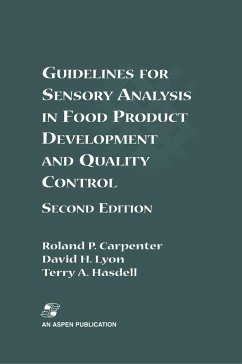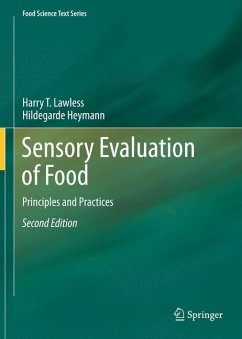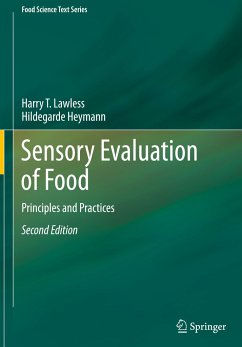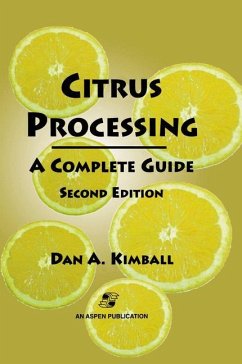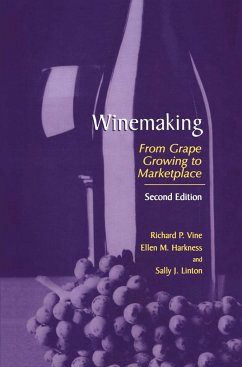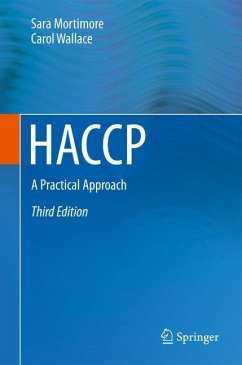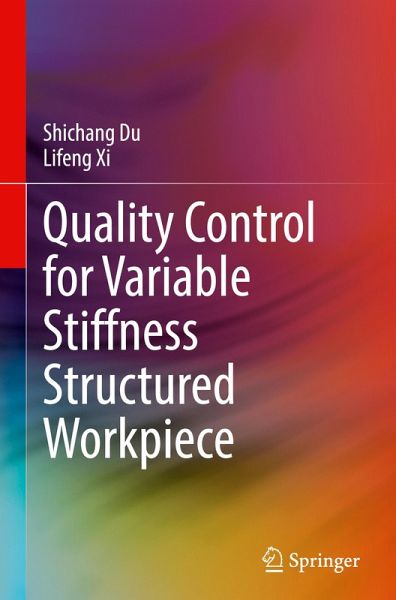
Quality Control for Variable Stiffness Structured Workpiece

PAYBACK Punkte
76 °P sammeln!
This book investigates quality control methods for variable stiffness structured workpiece. With the development of modern manufacturing industries, more and more workpieces with complex geometries are being designed and manufactured. The definition of variable stiffness structured workpieces includes three key features: multiple geometrical features, multiple geometrical tolerance constraints, and multistage manufacturing processes (denoted as 3M features). The variable stiffness structured workpieces have multiple geometrical features (planar surfaces, cylindrical surfaces, cone surfaces, sp...
This book investigates quality control methods for variable stiffness structured workpiece. With the development of modern manufacturing industries, more and more workpieces with complex geometries are being designed and manufactured. The definition of variable stiffness structured workpieces includes three key features: multiple geometrical features, multiple geometrical tolerance constraints, and multistage manufacturing processes (denoted as 3M features). The variable stiffness structured workpieces have multiple geometrical features (planar surfaces, cylindrical surfaces, cone surfaces, sphere surfaces, freeform surfaces, etc.) with multiple geometric tolerance constraints (flatness, waviness, roughness, roundness, cylindrical degree, etc.) and are manufactured by multiple manufacturing processes. The 3M features of variable stiffness structured workpieces bring challenges for products quality evaluation and quality control. The quality propagation of multiple quality characteristics through multiple manufacturing processes is complicated. The multiscale geometrical specifications influence the final functions of products in different ways. And the varied stiffness problem brought by complex geometry structure of the workpieces also makes the manufactured surface quality hard to control. The book is intended for undergraduate, graduate students, and researchers who are interested in developments of quality control methods and applications.



